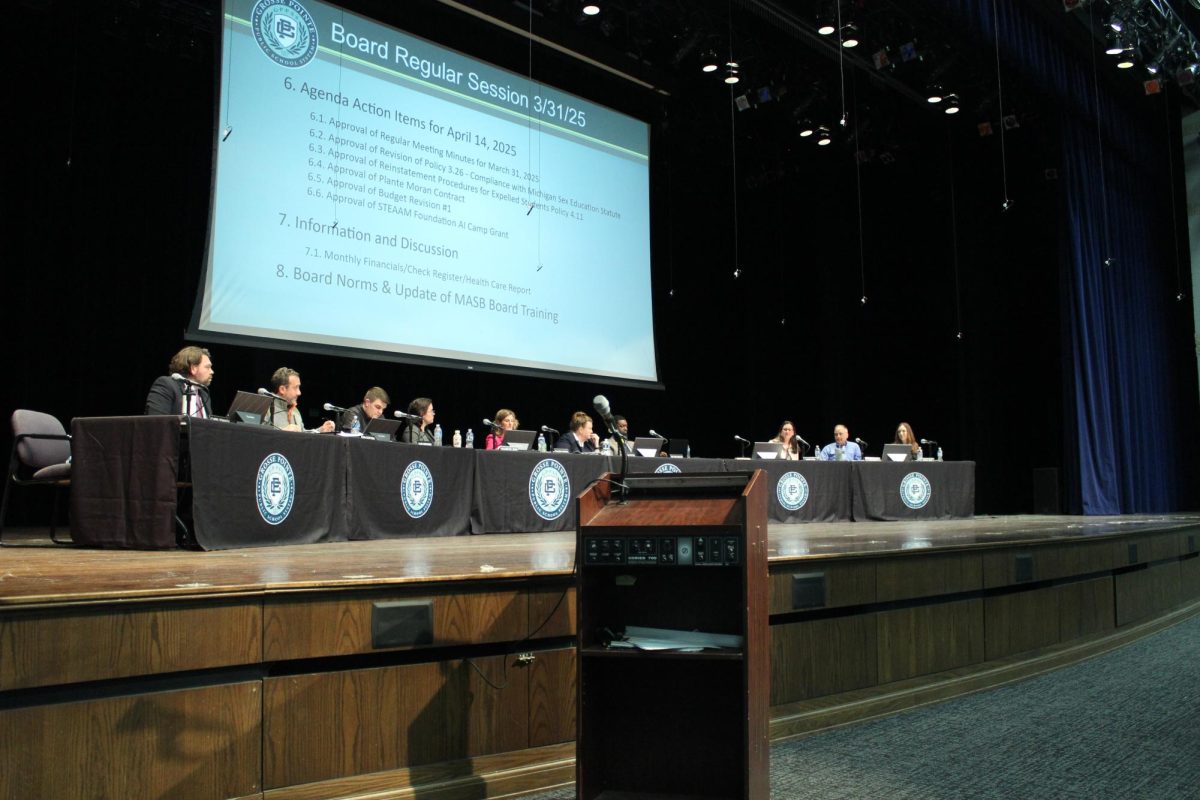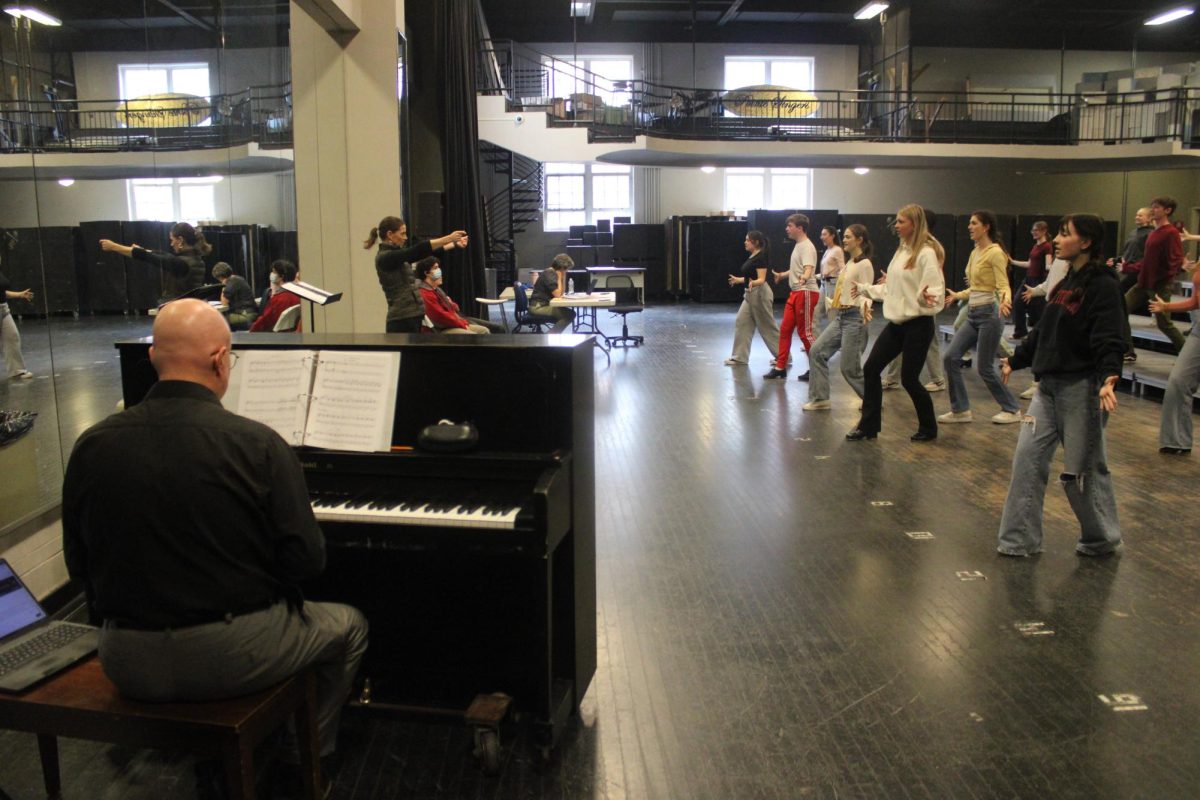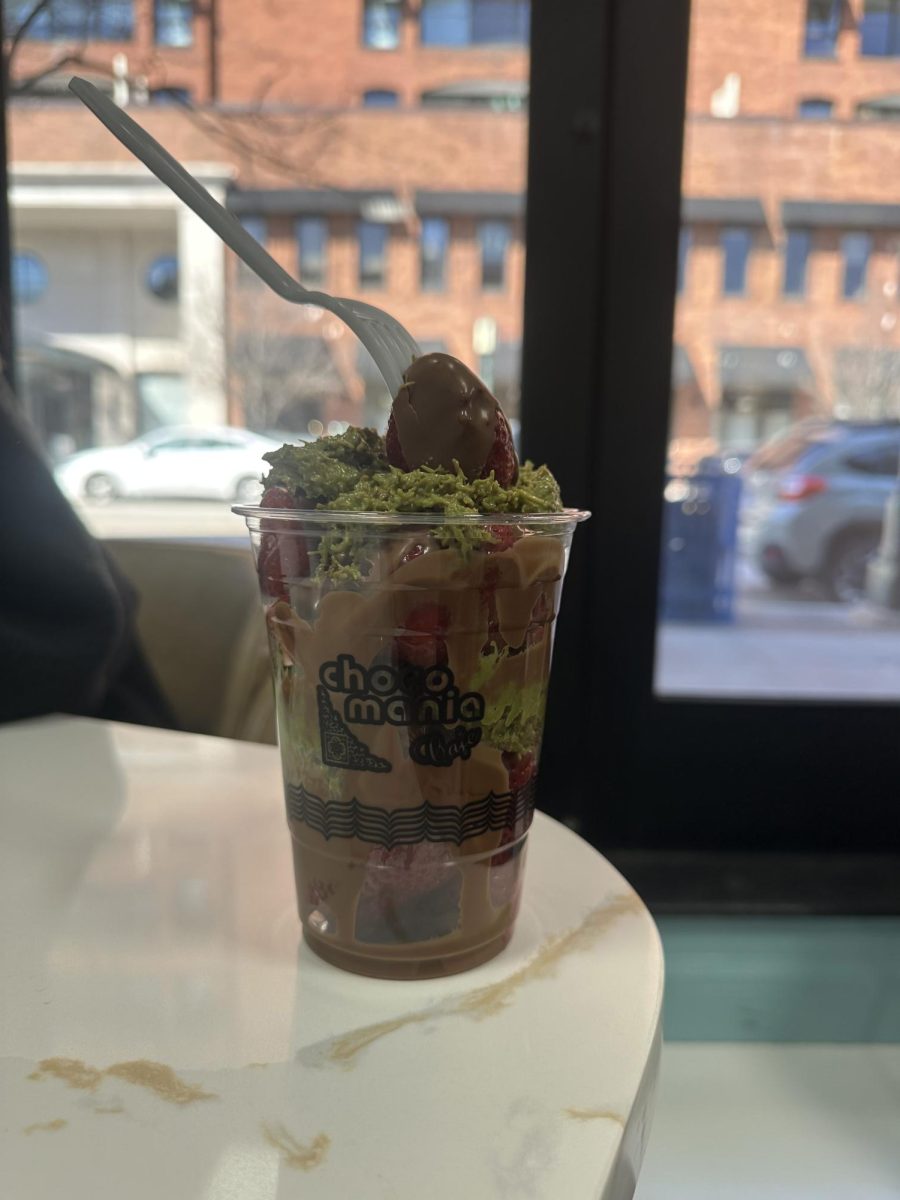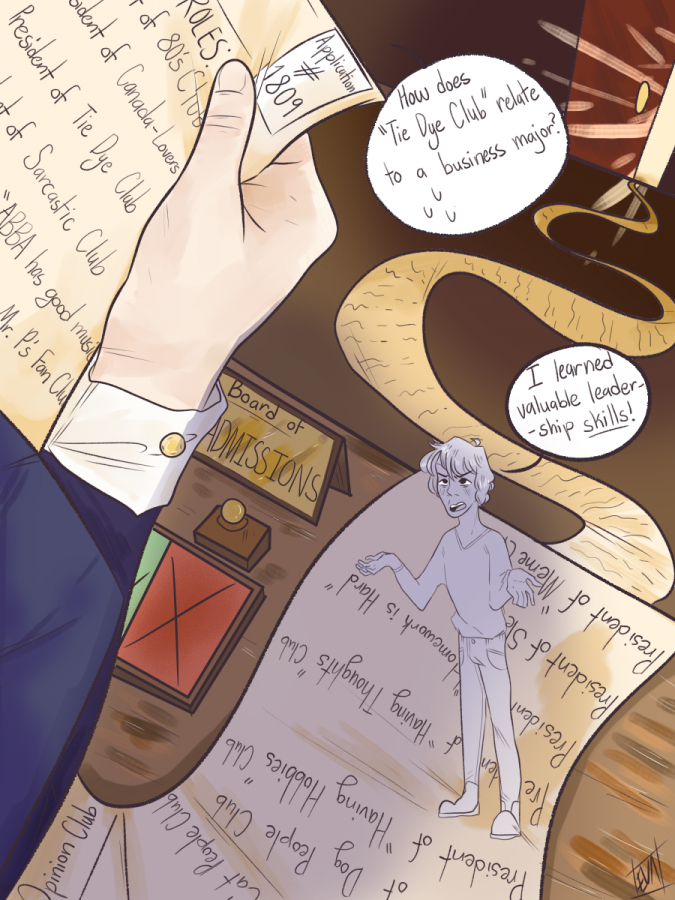Possible purposes of clubs
South’s wide variety of clubs offered to students can be viewed as a way to help their transcripts, rather than the actual enjoyment of participating
December 12, 2018
There are over 90 unique clubs at South, spanning from the mock trial team to French club. These clubs range from academic-based clubs, like Mu Alpha Theta and Writing Club, to service-based clubs, such as Key Club and Varsity Club, to other clubs that are centered around a common interest, including Birdwatching and Breakfast Club. They allow students one of a kind experiences in high school.
We at The Tower believe that clubs offer students an opportunity to explore new passions and get to know new people they wouldn’t have known otherwise. High school is a period of time where we are constantly being asked about what we want to do with our lives. How are students supposed to answer this question if they have not explored all the possible options available? Often, it is hard to answer this question because we have not had a chance to discover an area that has piqued our interest.
We believe joining a club is a great way to explore new interests. It allows for students to learn something new without the stress that often comes with school courses. Clubs connect students with like-minded people; you become part of a community. Each club has their own inside jokes and culture that leads to a feeling of belonging for students. We believe these communities built by these clubs can transcend South.
According to the National Center for Educational Statistics, there is a clear correlation between participation in high school extracurriculars and better attendance, higher levels of achievement and aspirations to higher levels of education. To us, it seems evident that the benefits of these communities built by clubs can transcend South.
On the other hand, The Tower also sees some issues with the influx of clubs. Sometimes, we feel as if new clubs are created with the intention of college applications and leadership roles. It is okay to join a club just because you are intrigued in the topic and what to try something new, but we fear that, over time, the interest in a certain club is purely surface level. Since there is such a pressure on young people today to boost their resume, students are often desperate for a way to stand out. Because so many students want to achieve so much, the leadership roles are already saturated. This forces students to create a new club so they can write a position on their college applications.
While all of this is not necessarily a bad thing, at The Tower, we urge students to be aware of their intentions. According to niche.com, many colleges prefer students who commit themselves more to a small selection of extracurriculars rather than being in as many clubs as possible. Participate in the clubs you are a part of rather than take a small role in many organizations. According to the website, it is important for students not to spread themselves too thin. They said it is more valuable to colleges to have students who are passionately involved in a club that is meaningful to them.
We want South to be a community where everyone feels included and valued. We want South to be place where anyone can explore different interests to prepare for their future. We want the best for South and the student body, but not at the cost of creating frivolous clubs for the purpose of checking off boxes for leadership roles.















































































